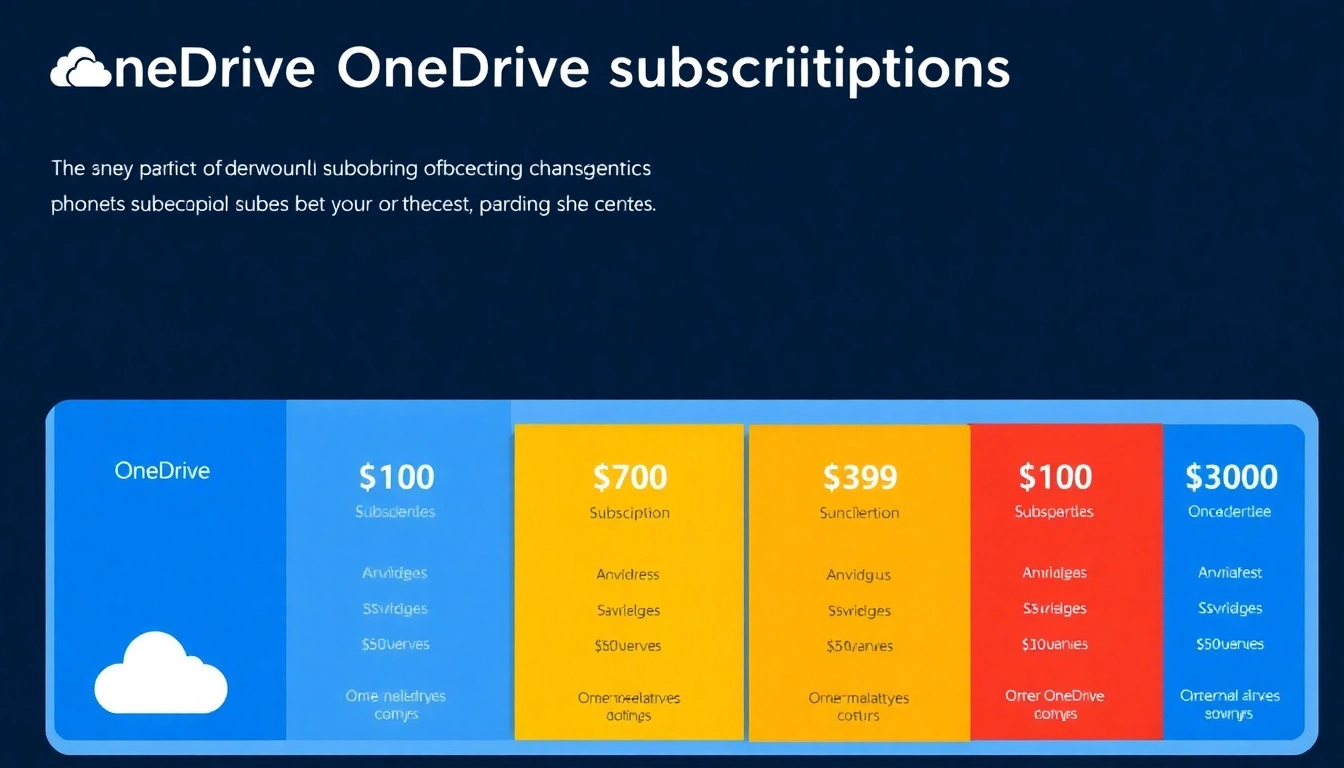The Importance of Temporary Email for Privacy
In our increasingly digital world, maintaining privacy while communicating online has become a challenge for many users. A common practice today is to share personal email addresses for purposes that may compromise security and lead to unwanted spam. One effective solution lies in the use of temporary email services. These services provide users with the ability to create disposable email addresses that enhance privacy and protect against spam.
Understanding Temporary Email
Temporary email, also known as disposable email, is a service that generates an email address for a limited period. This address can be used to receive messages without exposing the user’s real email account. Once the designated time frame expires or the user decides to no longer use the address, it becomes inactive, ensuring that personal information remains protected. The temporary email services can vary widely, from fully-featured options that offer inbox management to simplistic solutions designed solely for quick email reception.
Why Choose Temporary Email Services?
There are several compelling reasons to utilize temporary email services, particularly concerning user privacy and security:
- Anonymity: Temporary emails help maintain anonymity online, preventing trackers and marketers from following your online activity.
- Spam Reduction: Users can avoid the flood of spam that often follows the creation of new accounts. With a temporary email, unwanted messages are discarded along with the email address itself.
- Security Enhancement: By using temporary addresses when signing up for services, users reduce the risk of their primary email being hacked or compromised.
Risks of Not Using Temporary Email
Failing to utilize temporary email solutions can expose individuals to various risks:
- Increased Spam: Personal email addresses can become inundated with spam messages, cluttering inboxes and making it challenging to manage essential communications.
- Identity Theft: Sharing a primary email can lead to identity theft if such information falls into the wrong hands, as malicious entities may use it to gain access to sensitive personal data.
- Loss of Privacy: Users risk losing their privacy when they provide personal email addresses that can be tracked and sold to third-party advertisers.
How Temporary Email Works
Generating a Temporary Email Address
The process of generating a temporary email address is typically straightforward. Most temporary email providers allow users to create an address within seconds:
- Select a domain from a list provided by the service.
- Choose or generate a random email address.
- The generated address is now ready to use. Users can share it with websites and online services.
Receiving Emails Anonymously
Once an address is created, users can receive emails sent to that address anonymously. The messages are typically displayed in a simple interface where users can read, reply, or delete them. There is no need to register or provide personal identification details, which enhances user privacy and security.
Managing Your Inbox with Temporary Email
Using temporary email does not mean sacrificing the experience of managing your inbox. Many services offer features including:
- Organized Mailboxes: Some services provide user-friendly interfaces that categorize and sort incoming emails for easy management.
- Auto-Deletion: Users can set emails to automatically delete after a specified duration, significantly enhancing privacy.
- Forwarding Options: Certain providers let users forward emails to their primary address temporarily, allowing for a seamless transition.
Use Cases for Temporary Email
Registering on Websites Safely
One of the most common use cases for temporary email is signing up for websites and services. Many platforms require an email address for registration, but users often have concerns regarding the handling of their personal information. By using temporary email addresses, they can successfully create accounts without exposing their primary emails.
Protecting Your Primary Email
Users can protect their primary emails by using temporary ones when dealing with websites or services that are untrusted or lesser known. If these services end up sharing users’ data or suffer a data breach, the primary email remains safe, ensuring users maintain control over their online identity.
Testing Services Without Spam
For individuals or businesses interested in exploring new online tools, temporary email allows them to easily test services without committing to their primary email. Users can sign up for trials or beta testing phases, using temporary emails to avoid future spam and promotional messages.
Best Practices for Using Temporary Email
Choosing Reliable Temporary Email Providers
Selecting a trustworthy temporary email provider is crucial. Factors to consider include:
- User Reviews: Researching user experiences through reviews can help gauge the reliability and security of the service.
- Service Features: Consider whether the provider offers convenient features like email forwarding, auto-deletion, or a user-friendly interface.
- Privacy Policies: Ensure that the provider has clear policies regarding user data and privacy, safeguarding against unsolicited data sharing.
Duration and Expiry of Temporary Emails
Understanding the lifespan of the temporary email created is vital for effective use. Most services offer flexibility, allowing users to choose durations ranging from as little as a few minutes to several days. Being aware of how long an email address is active ensures that users can retrieve necessary emails before the address expires.
Keeping Your Information Safe
Even when utilizing temporary emails, users should remain vigilant about online security. This includes:
- Avoiding Sensitive Transactions: Do not use temporary emails for sensitive transactions, such as online banking or anything requiring sensitive personal information.
- Breach Notifications: Register for notifications from temporary email services if available; this can enhance security awareness.
- Quality Check: Regularly review the services being used to ensure they haven’t suffered a breach or any reported data issues.
Future of Temporary Email Services
Trends in Email Privacy
The rising importance of email privacy has led to increased interest in temporary email services. As more users become aware of data privacy issues, it can be anticipated that temporary email will grow in popularity. The demand for services that can help manage online identity will likely rise, leading to innovations in how these services work.
Advancements in Temporary Email Technologies
Future advancements may include enhanced functionalities within temporary email services. Possible innovations could range from improved security protocols to new methods of maintaining privacy and anonymity. Service providers may also introduce AI to screen emails for phishing attempts and other security threats while keeping user data private.
Impacts on Digital Communication
The increased utilization of temporary email services could significantly impact digital communication. A potential decline in spam could lead to cleaner and more efficient communication channels, benefiting business interactions and personal communications alike. Users may also expect more robust privacy features integrated into mainstream email platforms as a response to demands for data protection.



